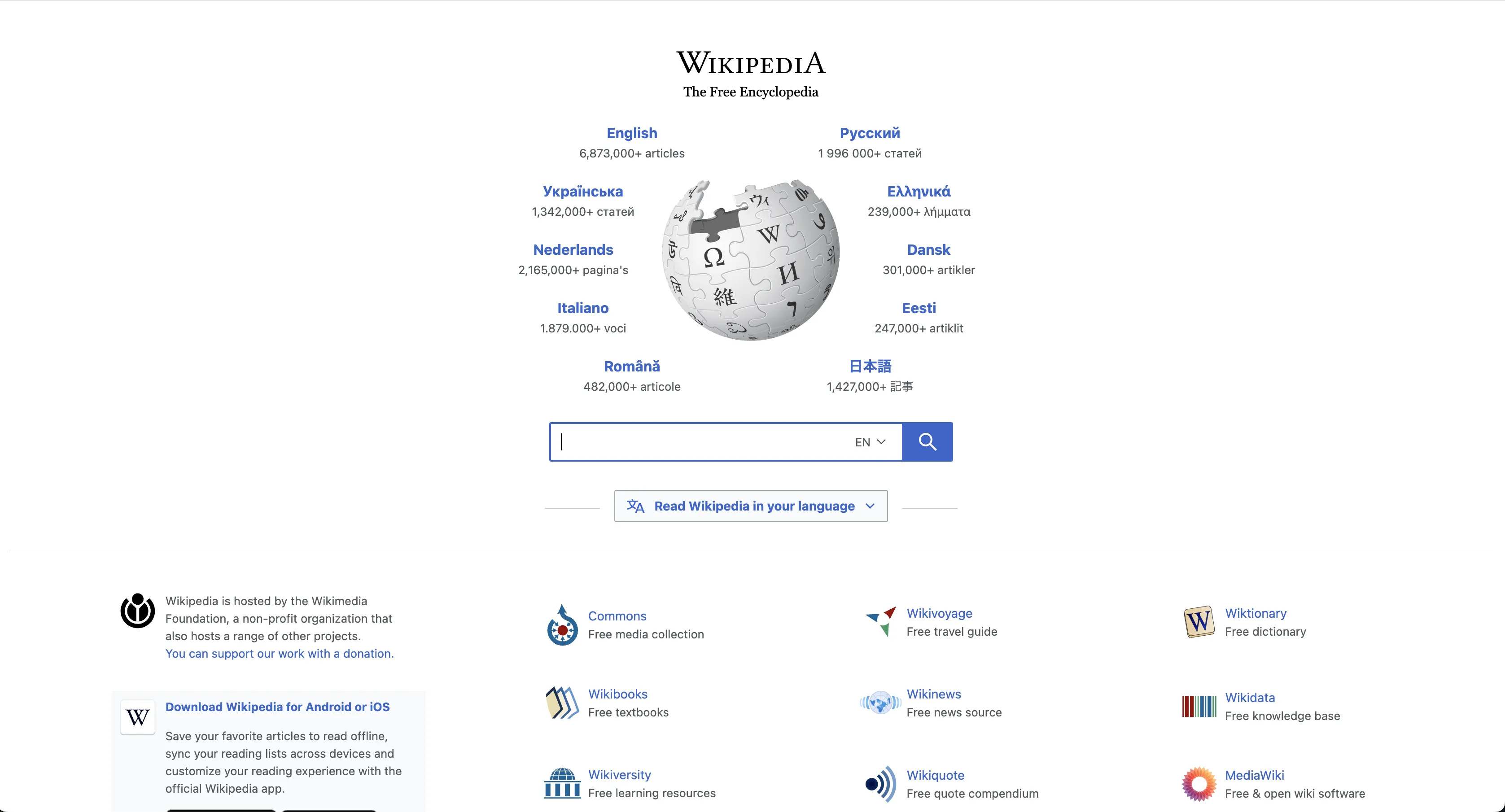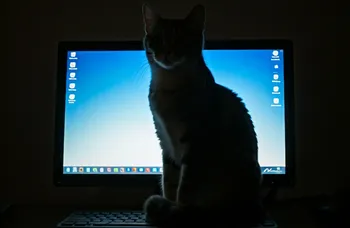The online library is seeing materials that have nothing to do with reality appearing. These are created by malicious actors using chatbots.
The popular online library, Wikipedia, is in a state of serious crisis, according to foreign media reports. The culprit is artificial intelligence. Unknown users have started filling the website with meaningless articles generated by large language models, such as ChatGPT.
Editors of the encyclopedia have been noticing these new articles and excerpts in existing entries for over a month now, which were written by a chatbot, not a human.
Some of us have noticed excerpts written in unnatural language. We noticed the unusual writing style, which clearly did not belong to a human, and were able to reproduce these phrases using ChatGPT. Upon identifying characteristic turns of phrase and expressions, we were able to identify the most egregious examples of generated articles.
For example, recently, an article about a certain Ottoman fortress called "Ambelirsihar" appeared in the encyclopedia. According to the article, the fortress was built in the 1400s. In a 2000-character text, the article detailed the location and history of the construction of the object. However, there is a nuance: the fortress "Ambelirsihar" never existed. The article was entirely invented by AI. Neural networks filled the text with enough factual information to give it a semblance of truth.
AI models also corrupt existing materials. In particular, experts describe cases where a section about a beetle was added to an article about crabs. The most interesting thing is that the link to the article about crabs was real, but the animals themselves are not related to each other.
AI "Feys" in Wikipedia: How to Solve the Problem
A group of enthusiasts, led by editor Ilya Lebl, launched the WikiProject AI Cleanup project. Volunteers manually search for AI "feys," edit and remove false information added to the encyclopedia using chatbots.
Representatives of the organization do not understand why malicious actors are ruining the largest library. Who is behind this is also yet to be determined. Experts believe that the main drawback of Wikipedia is its openness. Currently, anyone can become a contributor and write complete nonsense. That's why many universities do not accept student work that contains citations from there.
Experts are also unhappy with the fact that artificial intelligence is poorly regulated worldwide, which has led to the internet being flooded with fake content. A good solution would be to add watermarks and other markers that would indicate that the content was created by a human.
Previously, Russians were warned about the closure of one of the domestic analogues of Wikipedia.












